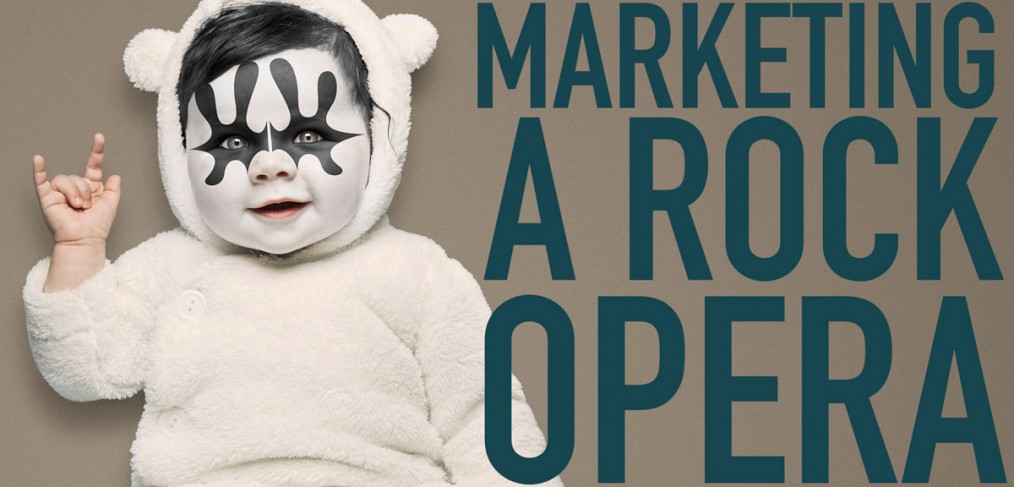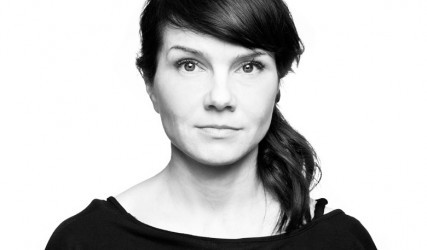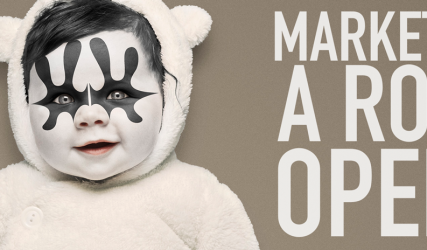
MARKETING A ROCK OPERA
It’s as plain and simple as marketing 101: No matter how great your product or service is, without any marketing efforts, you’re more likely to stand still and be ignored than to move forward and find customers. Marketing makes sense. It makes sense for toothpaste, for airlines, for supermarkets. For practically every line of business. But does it make sense for a new rock opera?
Yes, and in particular for a new rock opera. When the TEST composer Jakob Vinje joined the creative team in January 2014, he immediately loved the characters and story of TEST. He could see that the creative team had put together an excellent package. He saw the potential to write great music for TEST. But what really left him in awe was the detailed business plan that primarily Krista Jaquet had worked out.
“I’ve seen good shows fail because nobody thought about the business side,” Jakob said. “When I met the TEST team and heard their business plan, I knew this show could go far.”
ENTER THE MARKETING TEAM
With a detailed plan in place, the TEST team was ready to approach potential investors and sponsors not only with a good product, but with a good sales pitch. One problem, though. The business plan was mostly about financials and fundraising. It contained less about reaching out to the public.
Enter the TEST marketing team. In April 2015, Krista presented the TEST script to Tintti Sarola, from Helsinki but now a converted Berliner. She read the script and heard the TEST music, and she instantly knew that she wanted to propel TEST into the public arena. And more than wanting to do it, she knew how to do it.
Tintti is a branding and customer experience strategist with a track record of more than 15 years in branding, service design and digital marketing. “I simply love commercializing – branding and marketing – great products,” Tintti said. “And I love new challenges.”
Tintti explained why she got involved with TEST:
“Once I met Krista and she told me about TEST as a product, and also outlined her vision for TEST marketing, I realized that I want to be part of the team,” she said. “It was also an opportunity to brand art and entertainment. In addition, I think that the level of marketing in this field is mediocre. The creative team of TEST simply wanted to raise the bar, and who doesn’t want to be part of that!”
CREATING A BRAND
The first order of business for TEST was to create the brand. Tintti set up shop at Krista’s house in Lupsingen one weekend last April to grill the TEST creative team about their product. It would be a stretch to say it was like a police interrogation. But not a big one. Tintti facilitated the workshop, and she pressed the creative team to come up with and clearly state the core message of TEST. The results were some of the key phrases that have emerged to describe TEST, such as “The rebirth of rock opera” and “Epic rock, hard choices.”
A MARKETING PLAN
Tintti saw right away that branding and marketing a rock opera is very different from branding and marketing corporates and their services and products.
“The function of art is to make people think and to see another point of view,” Tintti said. “The whole experience starts from marketing, from the first touch points. To achieve the goal – to make people react and think – it takes some brave messaging.”
In the case of TEST, some of the messaging was about uncomfortable topics such as cloning and genetic engineering. And about death itself.
“TEST deals with questions of life and death,” Tintti said. “The production makes it okay to talk about death without it being considered offensive.”
The marketing team took the characters of TEST and reduced their narrative to the essentials in order to better present the issues of TEST to the public. The team has created an immersive experience around TEST that will draw in the public not only on the day of the show, but also during various launch phases. These phases were designed to coincide with the start of ticket sales, upgrading of the website and the release of various video clips. And finally, the aim is to keep the public engaged even after the TEST run in Basel is over, when TEST moves to other, bigger markets.


